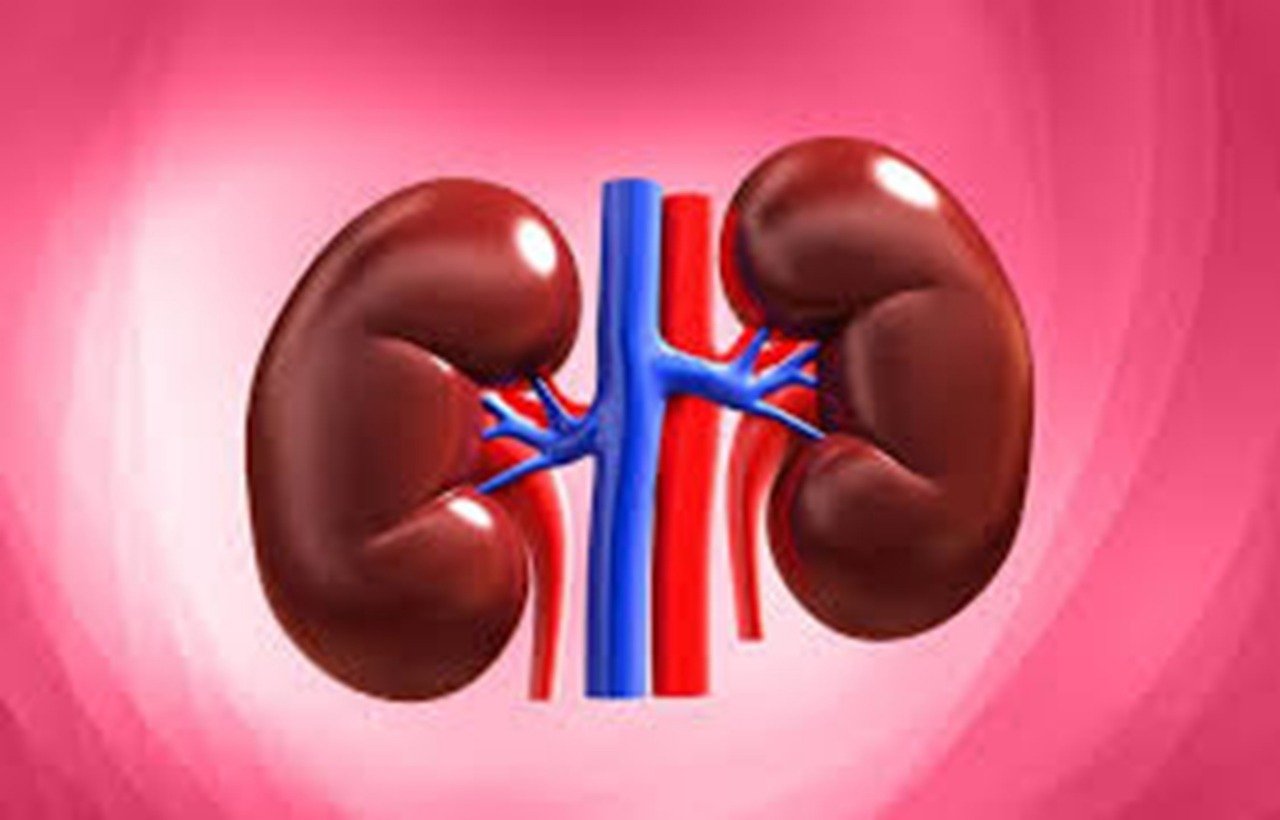There is a group of diseases collectively called glomerular disease, which collectively refers to any disease affecting glomerulus (tiny blood vessel filtering structures within the kidney). If not managed properly, these diseases can result in significant damage to the kidneys. Southern Oklahoma Kidney Center offers expertise in glomerular disorders with nephrotic and nephritic syndromes for the kidney’s health and damage prevention.
What Are Glomerular Diseases?
Glomerular diseases are characterized by inflammation or damage to the glomeruli, hindering the kidneys’ capacity to perform waste and excess fluid filtration effectively. That can cause symptoms including swelling, high blood pressure, and changes in urine appearance.
Types of Glomerular Diseases
There are many types of glomerular diseases, with each having unique features:
- IgA Nephropathy (Berger’s Disease): The most common type, sometimes with blood in the urine, often after a respiratory infection.
- After an infection—e.g., after a streptococcal throat infection, post-infectious glomerulonephritis (sulfated).
- Membranoproliferative Glomerulonephritis: Glomerular structure changes in kidney dysfunction.
Executive Directors In response to the pathologists’ comments, the clinicians collected urine samples. For cases with blood or protein on the urine dipstick, they did occasional blood tests. These tests help find possible red blood cell (RBC) casts in the urine. However, these tests have limited sensitivity.
Symptoms to Watch For
Symptoms of glomerular diseases vary widely, but common symptoms include:
- Swelling (edema): Especially in the face, hands, feet, or abdomen.
- Blood in urine: This condition, known as hematuria, can cause urine to appear pink or cola-colored.
- Proteinuria: High levels of protein in the urine cause urine to be foamy.
- Hypertension: high blood pressure.
- Reduced Urination: Less frequent urination or urination of smaller amounts.
Diagnosis and Evaluation
There are three phases in diagnosing glomerular diseases:
- Medical History & Physical Exam: Evaluation of manifestations and examination.
- Laboratory Tests: Blood and urine tests to assess kidney function and identify abnormalities.
- Imaging Studies: Ultrasound or CT scan to assess renal anatomy.
- Kidney Biopsy: In rare cases, a sample of kidney tissue may be taken for examination.
Treatment Options
Treatment varies based on the particular kind and severity of glomerular disease.
- Drugs: corticosteroid, immunosuppressive drugs, antihypertensive drugs.
- Making Lifestyle Changes: changing what you eat, maintaining a healthy weight, exercising frequently.
- Dialysis: With advanced kidney failure, the kidneys may not filter properly, so dialysis may be needed.
- Renal Transplant: For end-stage renal t kidney disease, transplant could be an option.
Where does Southern Oklahoma Kidney Center fit in?
At Southern Oklahoma Kidney Center, we provide full management of glomerular disease, including:
- Specialized Diagnosis: Comprehensive evaluations to precisely identify the specific glomerular condition.
- Individualized Treatment Regimens: customized strategies for effective disease management and cure.
- Patient Education: Ensure the patient understands their diagnosis and the reasoning behind any recommendation.
- Long-term Management: Support for managing disease and for kidney health.
A human touch as we provide outstanding kidney care.
Glomerular diseases speak for an important part of kidney health and its management. Prevention of long-term damage is key, aided by early detection and personalized treatment plans. If you have symptoms suggestive of a glomerular disorder, see a health professional as soon as possible. Southern Oklahoma Kidney Center—we’re here to help you not just manage kidney health but live life.




